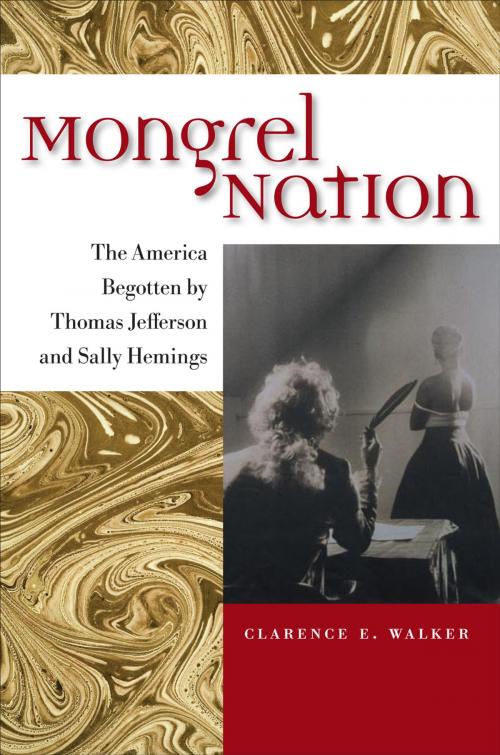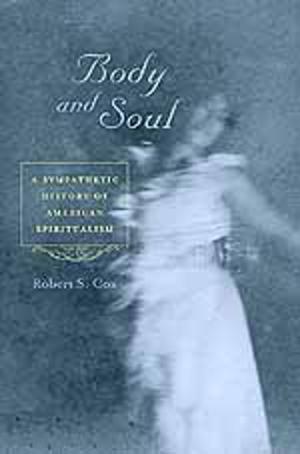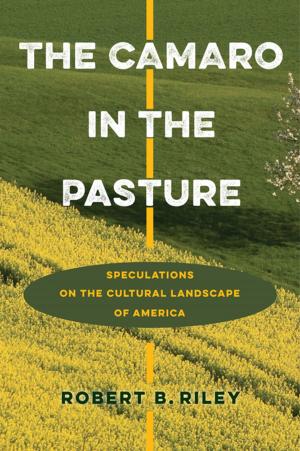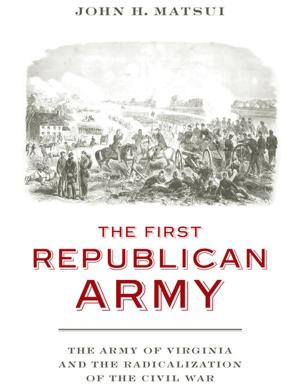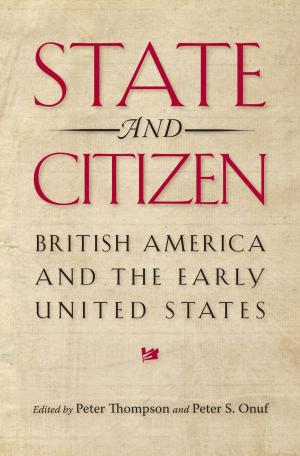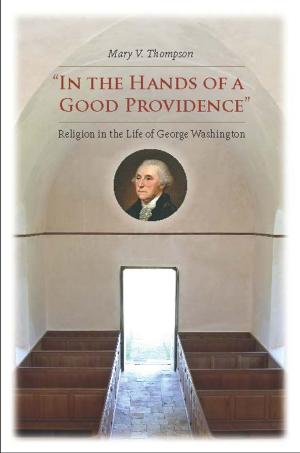Mongrel Nation
The America Begotten by Thomas Jefferson and Sally Hemings
Nonfiction, History, Americas, United States, Revolutionary Period (1775-1800)| Author: | Clarence E. Walker | ISBN: | 9780813929859 |
| Publisher: | University of Virginia Press | Publication: | January 1, 2009 |
| Imprint: | University of Virginia Press | Language: | English |
| Author: | Clarence E. Walker |
| ISBN: | 9780813929859 |
| Publisher: | University of Virginia Press |
| Publication: | January 1, 2009 |
| Imprint: | University of Virginia Press |
| Language: | English |
In this brief manuscript, Clarence Walker uses the Jefferson/Hemings liaison as a point of departure for a series of historical reflections on race, sex, and nation in the Americas. His basic argument, evident in the attached, is that America has been a multiracial society from colonial times, but one that has had a particularly difficult time acknowledging the fact. The essays have historical, historiographical, and contemporary significance. They give us a more complex picture of Jefferson and race than is often presented. They use the Jefferson/Hemings relationship to comment on historians' treatement of race and nation. And, finally, they comment on the current state of American thinking about race and nation--both more recent iterations of the discomfort with racial mixing that has been part of American colonial and national identity from the beginning, and its weakening in the face of the rapidly increasing racial and ethnic diversity of American society.
In this brief manuscript, Clarence Walker uses the Jefferson/Hemings liaison as a point of departure for a series of historical reflections on race, sex, and nation in the Americas. His basic argument, evident in the attached, is that America has been a multiracial society from colonial times, but one that has had a particularly difficult time acknowledging the fact. The essays have historical, historiographical, and contemporary significance. They give us a more complex picture of Jefferson and race than is often presented. They use the Jefferson/Hemings relationship to comment on historians' treatement of race and nation. And, finally, they comment on the current state of American thinking about race and nation--both more recent iterations of the discomfort with racial mixing that has been part of American colonial and national identity from the beginning, and its weakening in the face of the rapidly increasing racial and ethnic diversity of American society.
